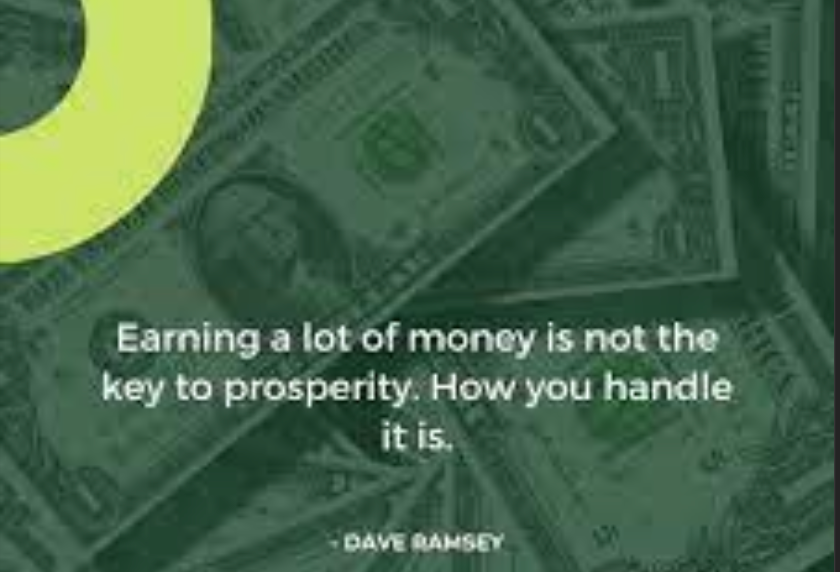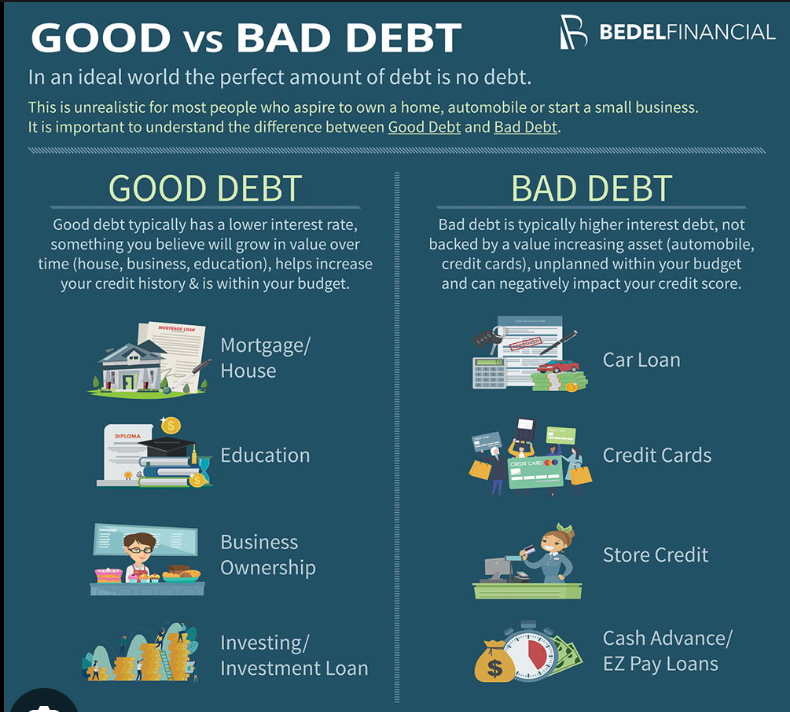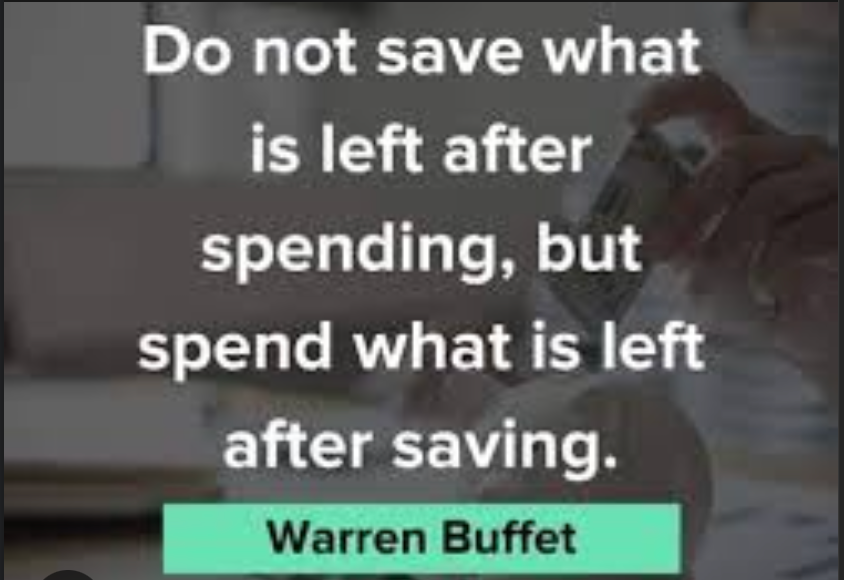August 7, 2023
(THE COMMON PROBLEM OF EARNING $500K AND LIVING WITH DEBT)
August 7, 2023

Hello everyone,
The rules around money management appear to be relatively simple.
Don’t spend more than you make.
Don’t buy things when you don’t have the money to cover it with cash or a credit card.
Pay off credit cards at the end of the month, so interest is not accrued.
Keep a pot of money aside in another bank account for emergencies.
Pay yourself first.
Invest on a consistent basis.
Simple rules, yet many of us break the rules and find ourselves in deep water. Why is that? The answer is often complex and often relates to our behaviour around money.
Let me share a story with you.
My father was a dentist. He ran a practice for 47 years and served as a dentist in the war. For many years, my mother who was a trained nurse was his dental nurse. My father was an excellent dentist, but he was poor at running the business side of his practice. He often didn’t charge patients for examinations and would often let people only pay half price for dentures he had made them. This is admirable, no doubt, but it is not sustainable when you are running a business and have bills to pay to support your family.
So, my mother basically took over the management of the dental practice and clearly itemized the cost of procedures, which was placed on the wall in the waiting room. There was a possibility to pay in installments, but it was strictly monitored by my mother. In essence, she became the dental nurse and the finance manager of the practice.
My mother taught me a lot about financial management. Her mantra was to live simply, grow your wealth and invest in education. I lived a comfortable life growing up, but we never went on grand holidays or trips, didn’t ever eat out, did all the domestic chores ourselves and mowed the lawns, and tended to the garden ourselves as well. We were happy with simple pleasures. The home was always filled with music, and books were a go-to when you were looking for something to do. All meals were homemade from scratch and there were always baked treats on the kitchen bench to enjoy. We had many cats and dogs as pets, and they were treated as part of the family. In fact, it was often the case that dogs in the street where we lived would crash at our place for the day, where they could chill out and enjoy attention and love from us. Their owners often left them alone during the day, and, as we know, pets crave companionship. Dinnertime conversations had an intellectual depth to them as the whole family shared an interest in history, literature, and finance.
My mother kept a book that monitored how we spent our money. So, every month, we knew exactly how much we had spent and where it had been spent. Every three months at least, funds would be invested in a specific item – be it a share, index fund, gold, or even bonds. In that way, extra income that was made from the practice wouldn’t get burned in day-to-day spending. The big-ticket spending item in our household was education. My brother has a Ph.D. in European History, and I finished my 10 years of study with an MBA.
There was no keeping up with the Jones in our household, and no desire to participate in the commercialization of special holidays like Easter, and Christmas. We observed the holidays, but our celebrations were simple.
The point here is that it is not necessary to spend a lot of money to have a good life. And how much you earn does not determine how well you will live. It is what you do with the funds and how you behave with that money that controls what your life and your future will look like.
When you get a pay rise, what do you do with that extra income?
You survived without it before, so wouldn’t it seem prudent to put it aside in a savings account for emergencies? There are high-yielding savings accounts out there. You just need to do some research. For example, there is one called the Lending Club High-Yield Savings Account which offers 4.50% (APY). It has no minimum balance requirement after $100 to open the account, no monthly fee and it offers an ATM card.
Or you could pay yourself first by allotting a portion of it to an investment.
Building a framework helps.
For a financially sustainable lifestyle, simple math is involved.
What are your fixed costs each month or quarter and do you make enough to cover these?
Mortgages, car payments, childcare, taxes, utilities, food, school fees, insurance, etc.
Then work out where the rest of your money goes by thinking in categories.
Travel, personal spending, entertainment, dining out, activities/sports for the children.
Can you cover these costs easily without diving into your credit card each month?
The best way to think about your spending is to ask yourself questions?
Do I need this fancy car? Do I need two cars?
Do I need a fancy vacation every year?
Do I need to dine out several times a month?
Do I need to pay for all these camps/activities and sports for my children?
If paying for all this lifestyle is crippling you, then why are you doing it?
Are you in the comparison game? Are you listening to that little voice in your head that is comparing your finances to others?
Stop doing this. It’s a waste of time and energy and will bring you no joy.
You need to get to a place where your happiness is not dependent on having things. A happy and contented person is one who has plenty of savings and investments and is not in a panic about paying bills each month. You just need to shift your perspective a little.
You will enjoy life more and have much less stress and grow your wealth too. Surely, a win-win situation.
Have a great week.
Cheers,
Jacquie





